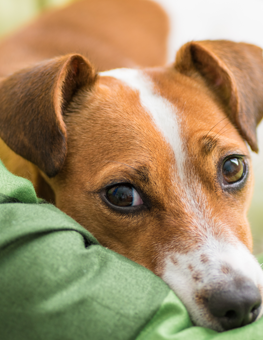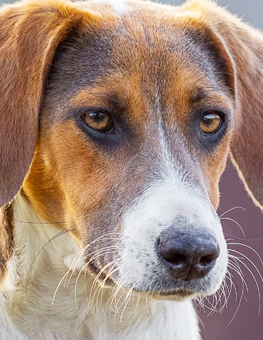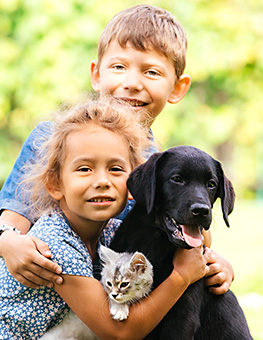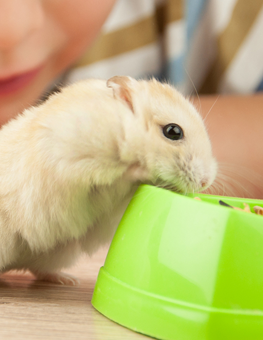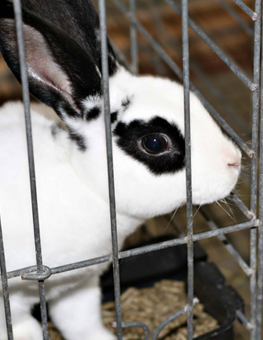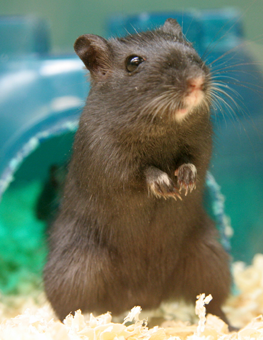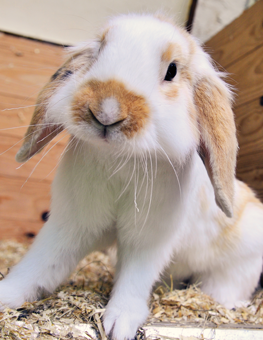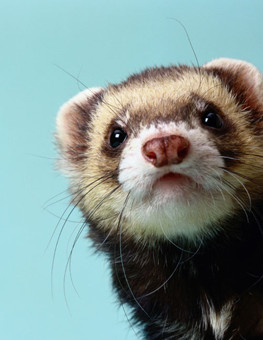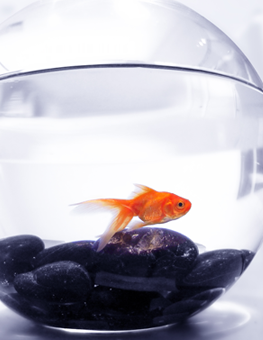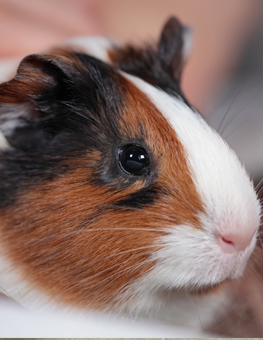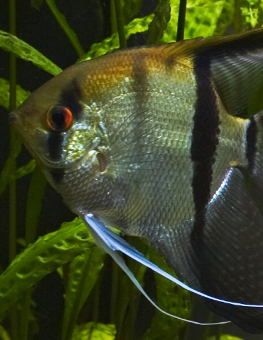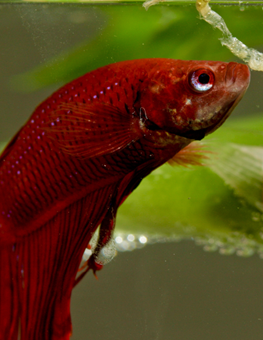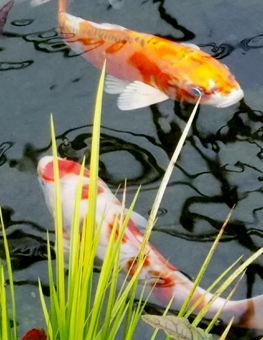A Guide to Understanding Your Pet Chinchilla’s Daily Diet and Nutrition
Pet chinchillas aren’t the most common animal, so it might be a little more difficult to figure out their nutritional needs. Here’s a short guide to help you do just that.
If you’ve chosen to own a pet chinchilla, you probably already know you won’t be getting an ordinary domestic animal. Chinchillas are exotic pets that, when in the wild, have a very specific diet, so you won’t be able to just give them generic small pet food. Chinchilla feed has to fulfill certain nutritional requirements. If you provide your chinchilla with the right food; this will go a long way toward helping him lead a happy, healthy life. Remember that when switching diets, you should do so gradually, as this will be easier for your chinchilla.
Dietary Base
Like most small pets, your chinchilla’s diet should be based on a specially designed, commercially available feed. As mentioned above, though, chinchillas have a diet that is different from other small pets, and thus should not eat gerbil food or guinea pig food. They need a chinchilla feed that addresses these nutritional guidelines:
- Fat: should be between 2% and 5%.
- Protein: should be between 16% and 20%.
- Fiber: should be at least 15%, preferably up to 35%
When picking a food, try to use a pelleted mix, or else your chinchilla will pick and choose what he wants to eat. Your chinchilla will need about two tablespoons of pellets per day. Since chinchillas are crepuscular, which means they are most active at dawn and dusk, you should feed them as close to these times as possible. One tablespoon in the morning and one at night is a good way to keep your pet chinchilla healthy and well-fed.
As with most foods, chinchilla foods have a limited shelf-life, only about six months. After this time, the food loses many of its nutrients and can damage your pet’s health.
Dietary Supplements
As is often the case with pets, the normal base food isn’t always enough. In the chinchilla’s case, you should always supplement his regular diet with hay, which not only gives them essential nutrients, but also keeps their teeth healthy. Hay should be given daily, as much as your chinchilla will eat. Remember to clean out old hay each day and replace it, as it can become moldy if it sits too long. Timothy hay is an ideal type of hay to use for chinchillas.
Since chinchillas aren’t used to great variations from their regular diet, treats should not be given as often as they might to other pets. It is fine to give them some raisins now and then, but most treats are too high in certain nutrients to be given regularly. Healthier options include fibrous fruits like apples, bananas, and pears. Again, though, restraint is a key to a healthy chinchilla diet.



